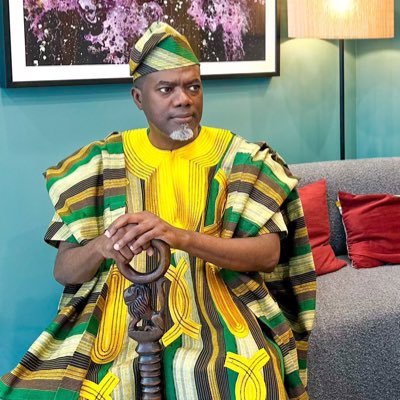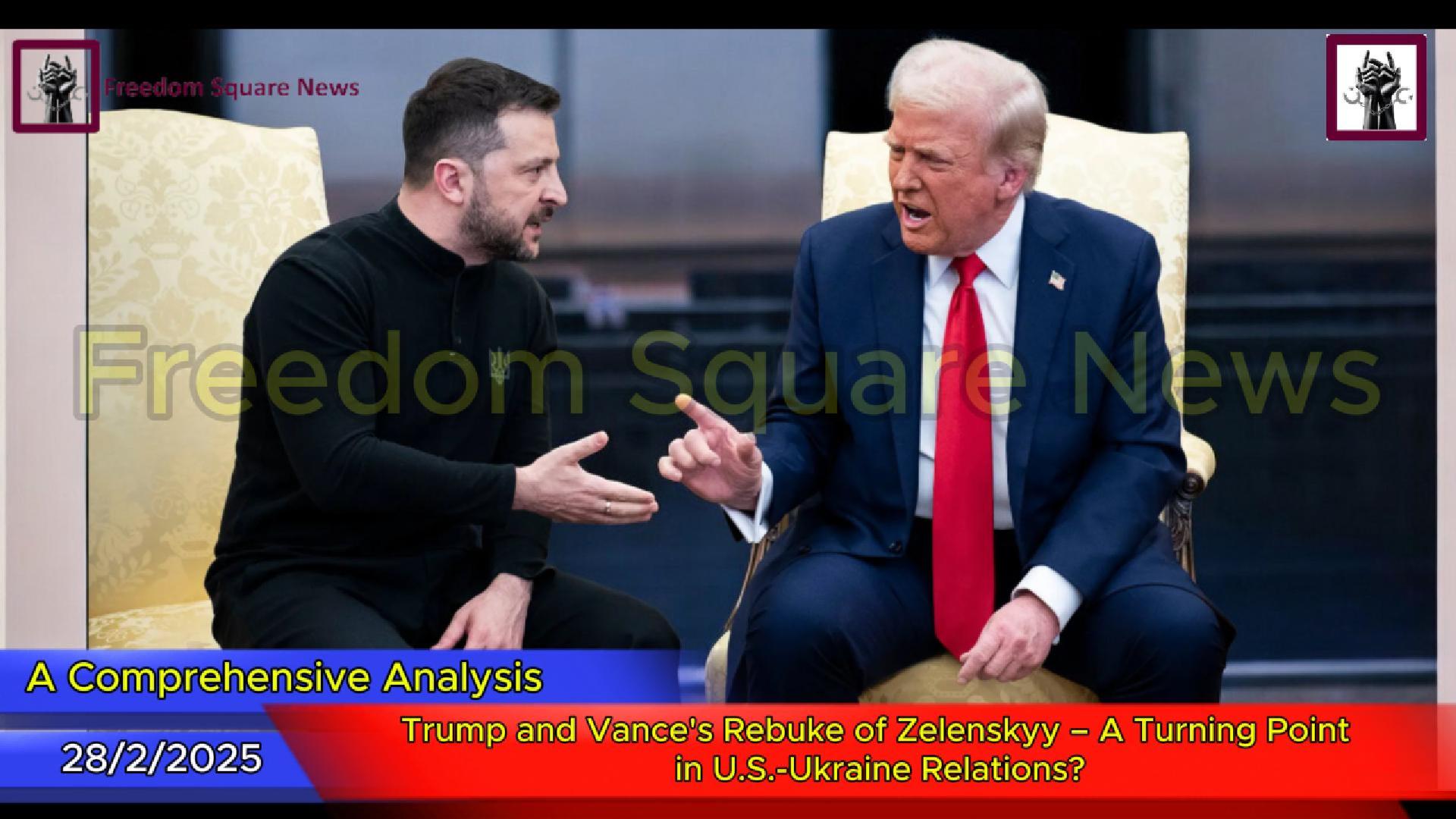In a recent social media post (X-handle, @renoomokri), Nigerian author and prominent social media influencer, Reno Omokri, discussed the state of Nigeria’s economy and the ongoing debate surrounding the value of the Naira in the foreign exchange market.
Omokri began by highlighting that the current exchange rate stands at ₦1025 to the US dollar, emphasizing that the Naira’s value has not been robust for decades. He pointed out that over the past four decades, Nigeria has either pegged its currency to a specific value or artificially sustained its worth through government-controlled foreign exchange markets.
The reason for the fluctuation in the Naira’s value, according to Omokri, lies in the policies adopted by different administrations. During his own administration, the Naira was trading at ₦150 to $1, largely due to the Central Bank of Nigeria’s efforts to artificially stabilize the Naira by injecting dollars into the market, thus depleting foreign reserves.
In contrast, under the current system, the Naira is allowed to float, meaning its value is determined by market forces, similar to the approach adopted by developed economies like the United States, Europe, and the United Kingdom.
Reno Omokri expressed the view that adopting a floating exchange rate would enable Nigeria to use its foreign reserves for development rather than draining them to support imports. He also emphasized that the majority of presidential candidates, except for Kwankwaso, have expressed their support for a floated Naira.
Omokri presented data to support his arguments, pointing to a significant increase in monthly income to the Federal Account Allocation Committee since fuel subsidy removal and Naira floatation. In July 2023, the FAAC income reached ₦1.9 trillion, marking the highest income in Nigeria’s history. This contrasted with ₦885 billion just a year ago in August 2022.
The post urged Nigerians to consider the benefits of a floated Naira and the importance of making sacrifices to strengthen the economy, referencing other countries like Japan, India, Vietnam, and Indonesia, which have intentionally weakened their currencies to boost exports and domestic consumption. Omokri suggested that this approach would help diversify the Nigerian economy and reduce overreliance on imports, ultimately benefiting various sectors, including manufacturing and services.




